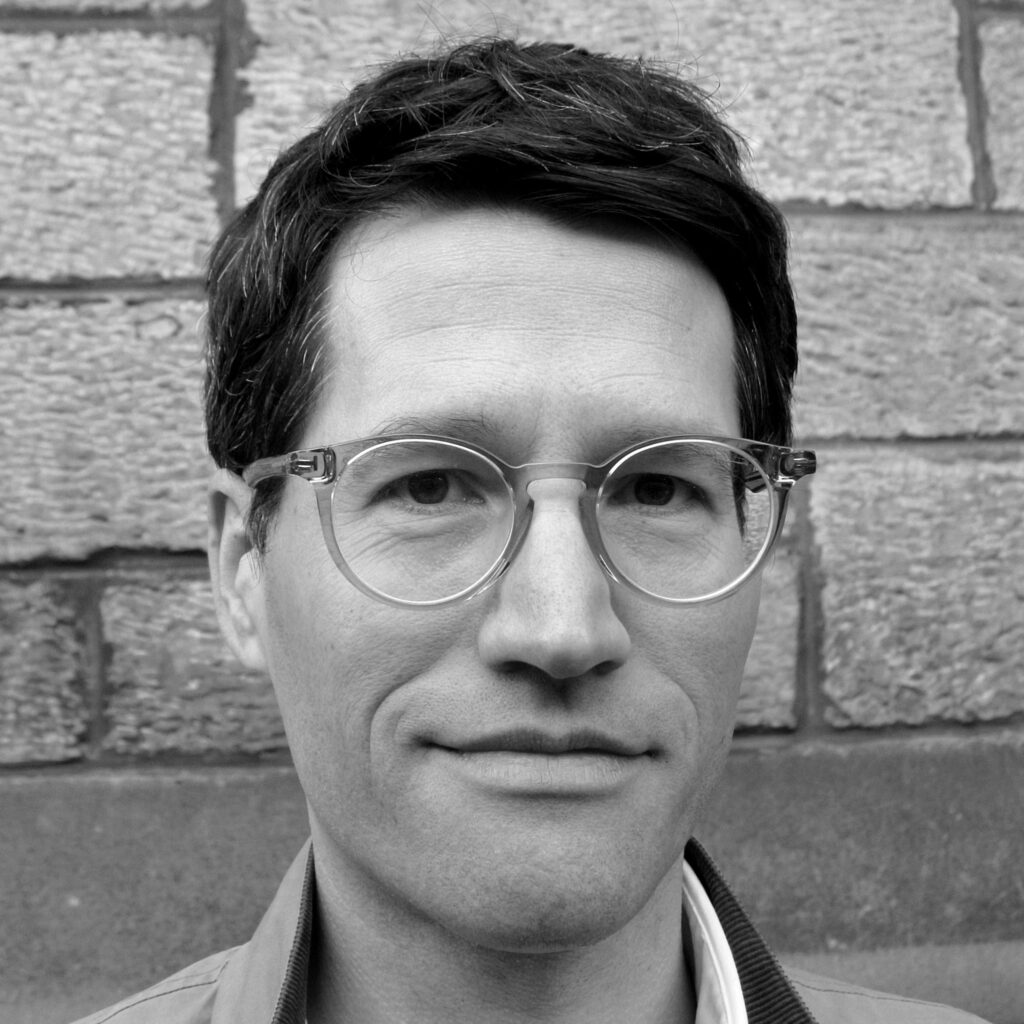When freedom is at stake, who has the right to speak? Two films troubling the politics and poetics of language in public life; how it might be bent and shaped towards liberation of our individual and collective selves.

You can use these controls to adjust properties of the website’s presentation. Read more about the Festival’s Accessibility Guide

Aurélien Froment has developed his practice through a deviant interest in cinematic experimentation. Following intensive research, his works channel collective and individual histories and ideas of concrete utopias, tracing their origins and circulation through to the present day. From films conceived as small theatres (The Apse, the Bell and the Antelope, 2005), to large-scale photographic installations (Théâtre optique, 2023), his work has been presented in institutions internationally including at Les Rencontres de la photographie (2023), Centre Pompidou (2022), Institut pour la photographie (2021), Wellcome Collection (2019), M Museum (2017), Dakar Biennale (2016), Sydney Biennale (2014), Venice Biennale (2013), and Gwangju Biennale (2010).
Louis et les langues (2023), Le cinéma des vitrines (2023), Wax Museum (2021), Allegro Largo Triste (2017), Apocalypse (2017), Le chant du monde (2017), Non alignés (2016), Camillo’s Idea (2013), 9 Intervals (2012), Le Yoga par l’image (2011), Second Gift (2010), Pulmo Marina (2010), Fourdrinier Machine Interlude (2010), Théâtre de poche (2007), The Apse, the Bell and the Antelope (2005)
When freedom is at stake, who has the right to speak? Two films troubling the politics and poetics of language in public life; how it might be bent and shaped towards liberation of our individual and collective selves.